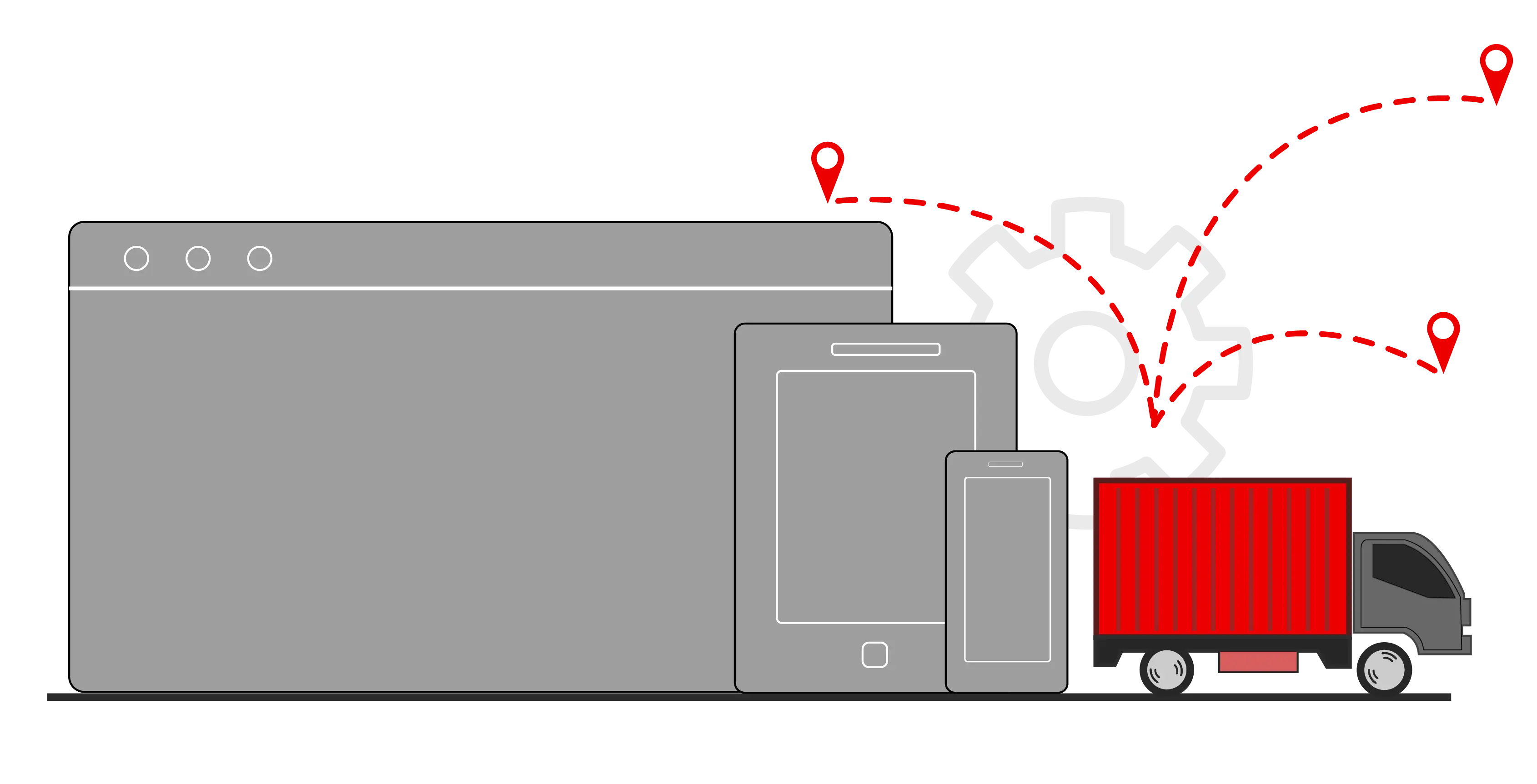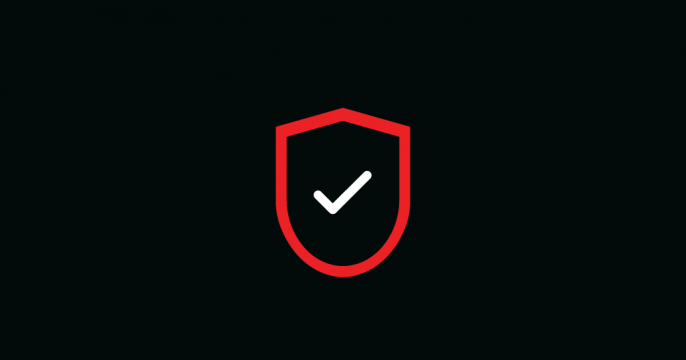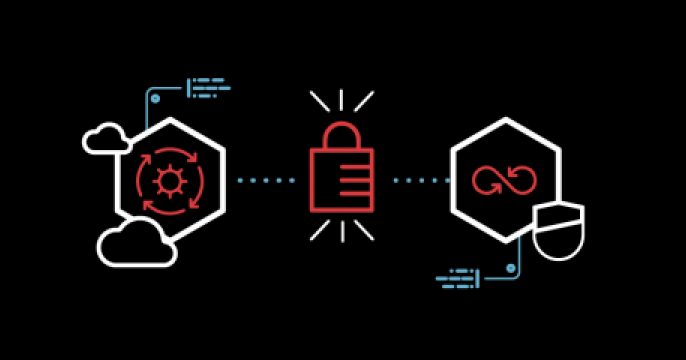Red Hat Trusted Artifact Signer
Enables cryptographic signing, verification of software, and provenance metadata.

What is Red Hat Trusted Artifact Signer?
Red Hat Trusted Artifact Signer enhances software supply chain security by simplifying cryptographic signing and verification of software artifacts, such as container images, binaries, and documents. Trusted Artifact Signer provides a production-ready deployment of the Sigstore project in Red Hat Trusted Software Supply Chain.
Enterprises adopting it can meet signing-related criteria for achieving Supply Chain Levels for Software Artifacts (SLSA) compliance and have greater confidence in the security and trustworthiness of their software supply chains.
Red Hat Trusted Artifact Signer provides a transparent and secure system for software developers to sign software artifacts, such as binaries and container images. Due to its broad compatibility, integrating its signing and verification features into your existing supply chain is straightforward.
Accelerate application with digital signatures
Ensure authenticity and integrity by increasing trust on artifacts by providing auditable logs, secure signing mechanisms, and user identity verification that enhance the transparency and accountability of the software supply chain. Cryptographic signing provides integrity, non-repudiation and authentication of artifacts.
Reduce complexity by eliminating the need for maintaining a key management system to ensure tamper-free artifacts and containers. We provide identity-based signing through our integration with OpenID Connect (OIDC). This provides easy integration with existing key management systems to authenticate and verify artifacts and containers.
Stay compliant by meeting signing-related criteria for achieving Supply Chain Levels for Software Artifacts (SLSA) standards. Provenance is generated automatically as part of the build process in Red Hat Advanced Developer Suite, for enterprise contracts integrated with cryptographic signatures to establish a non-repudiable chain of custody, and verify pipeline compliance to industry requirements (SLSA) are met.

Integrations
Trusted Artifact Signer is a production-ready deployment of the Sigstore project within an enterprise. Sigstore has witnessed rampant adoption in the open source community. Package managers such as NPM, Python, and Maven are in the process of adopting sigstore for the attestation of all published packages produced within each ecosystem. It has also become the de-facto signing system for containers, having seen Kubernetes standardized on sigstore. Multiple Red Hat products have adopted or are in the process of integrating sigstore, including Podman, Quay, Ansible, Red Hat Advanced Cluster Security (ACS), StoneSoup / HACBS, and Red Hat Trusted Content.

Featured products

Use your software assets with confidence. Curate your trusted content by...

Consistently code, build, and monitor for a trusted software supply chain...

Catch vulnerabilities early with a self-serve developer experience imbued...







